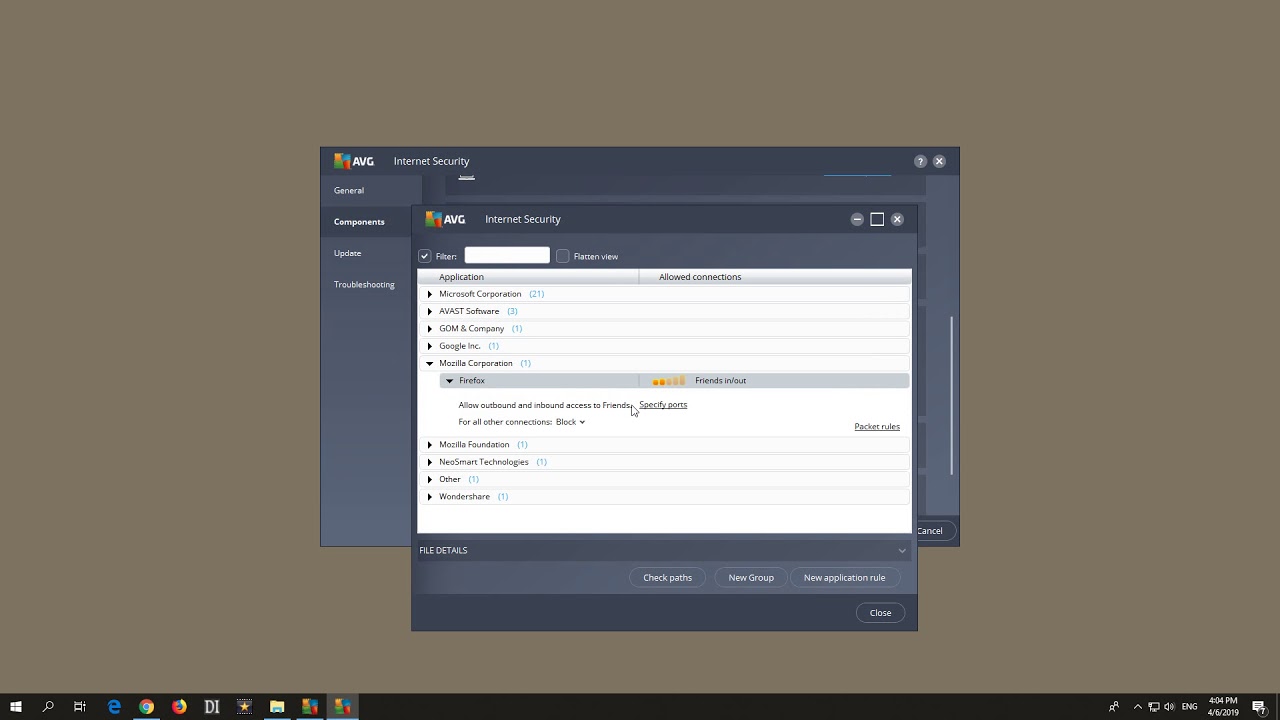Malwarebytes Expands Platform With New Application Block Capabilities
SANTA CLARA, Calif., Feb. 21, 2023 /PRNewswire/ — Malwarebytes™, a global leader in real-time cyberprotection, today announced the addition of Malwarebytes Application Block to its Nebula and OneView endpoint protection platforms. The new threat prevention module helps resource-strained security teams quickly guard against unsafe third-party Windows applications, meet key compliance requirements and encourage productivity without adding management complexity.
Third-party apps pose a serious security threat to businesses with limited IT resources and expertise. Vulnerabilities in Android applications have led to more than one million malicious application downloads, with researchers frequently uncovering malware-ridden applications on Google Play. Since 63% of workers use unauthorized applications, businesses of all sizes can be vulnerable to phishing schemes or exploitation – two of the four leading ways attackers gain access to a company’s network.1
For the over 1.4 billion monthly active Windows 10 or Windows 11 devices2, Application Block allows IT admins to blacklist or restrict access to outdated, untrusted, or unsafe applications with known vulnerabilities or that lack the latest patches. IT security teams can use Application Block’s dashboard to understand what applications are being blocked in real-time, as well as its reporting features to meet key compliance requirements and navigate increasing data protection regulations.
“Third-party applications are essential to productivity, but they also greatly expand organizations’ attack surfaces,” said Malwarebytes Chief Product Officer, Mark Strassman. “Malwarebytes Application Block can be near-instantly deployed, helping resource-strapped organizations to effectively manage secure access to third-party apps and add another protective layer without added complexity.”
Malwarebytes Application Block is immediately available for Windows endpoints within the Malwarebytes Nebula and OneView platforms to help organizations:
- Improve Application Security – Stop the execution of vulnerable applications so that companies can test and apply updates or block the vulnerable application until a patch is available.
- Encourage…



